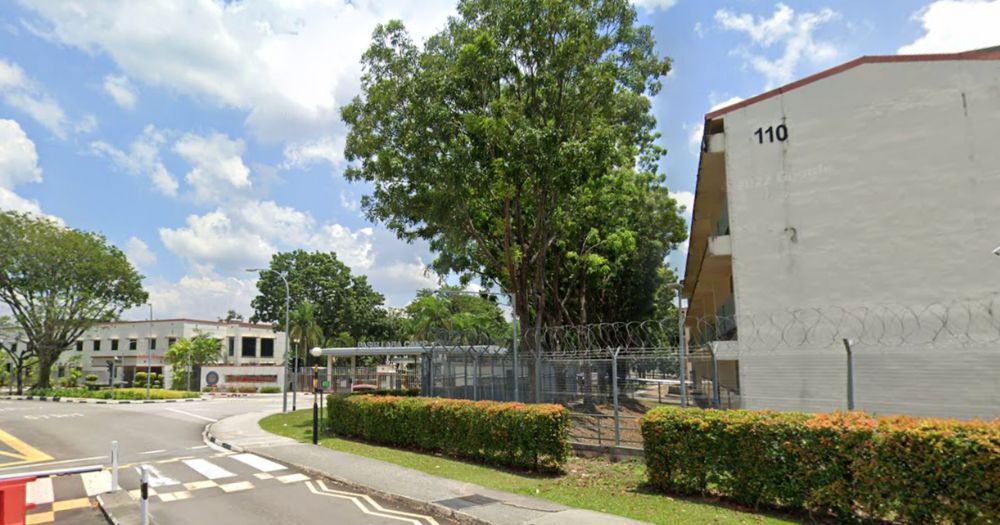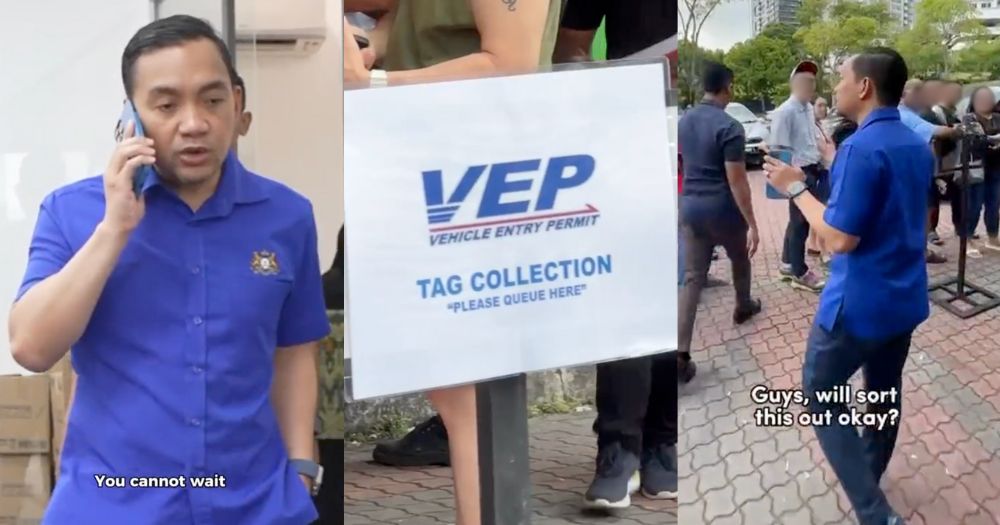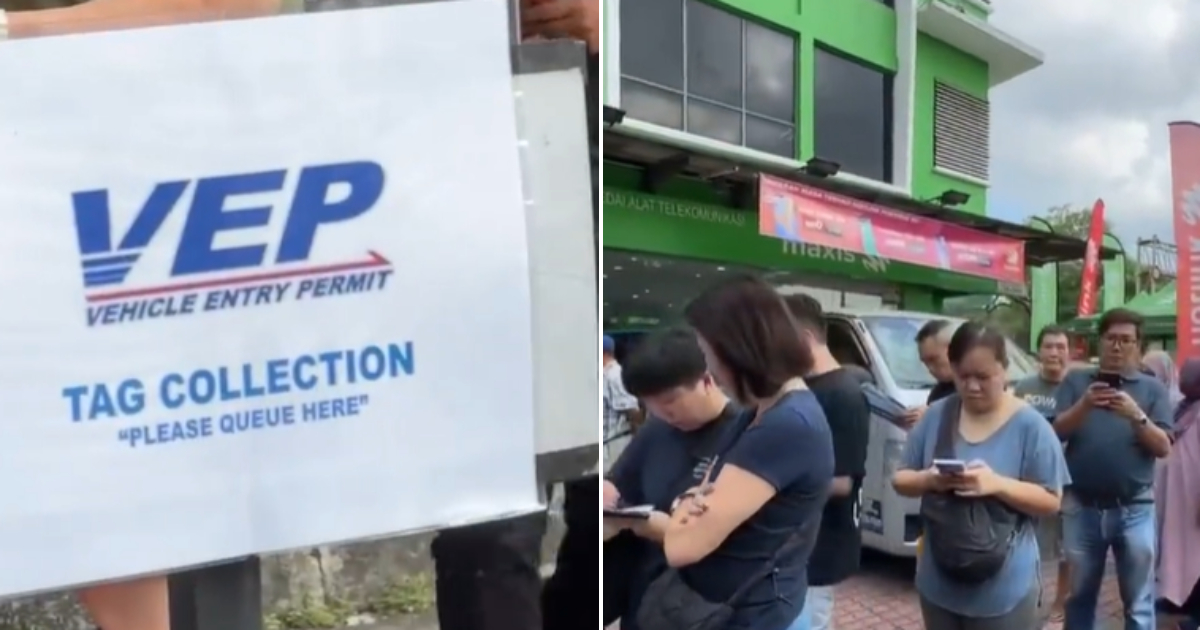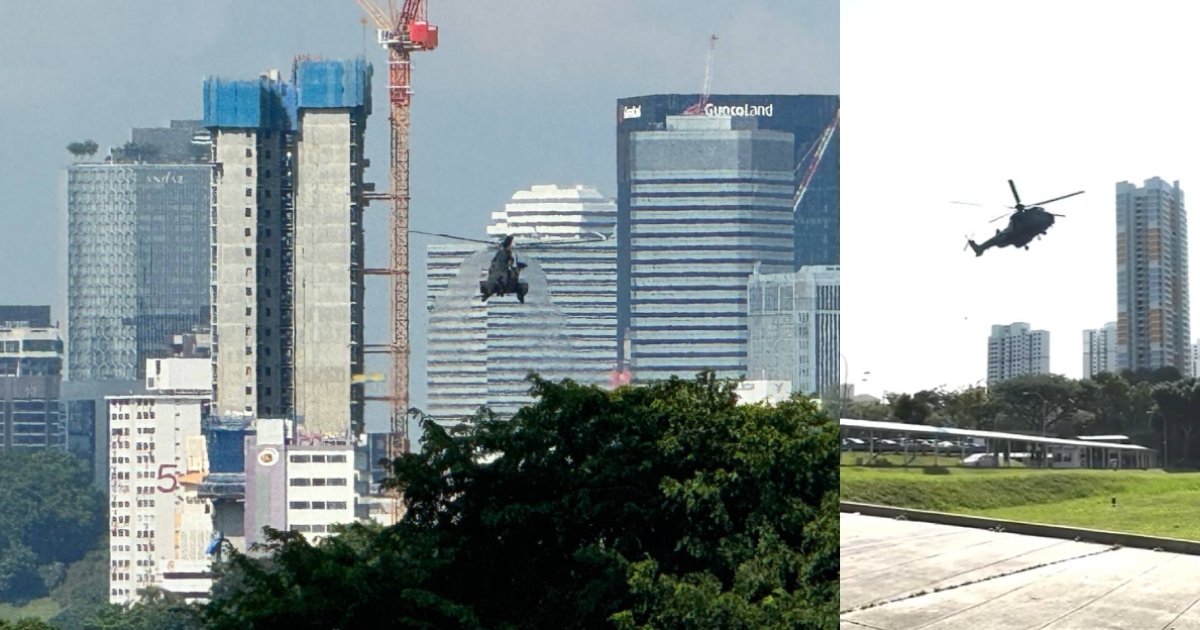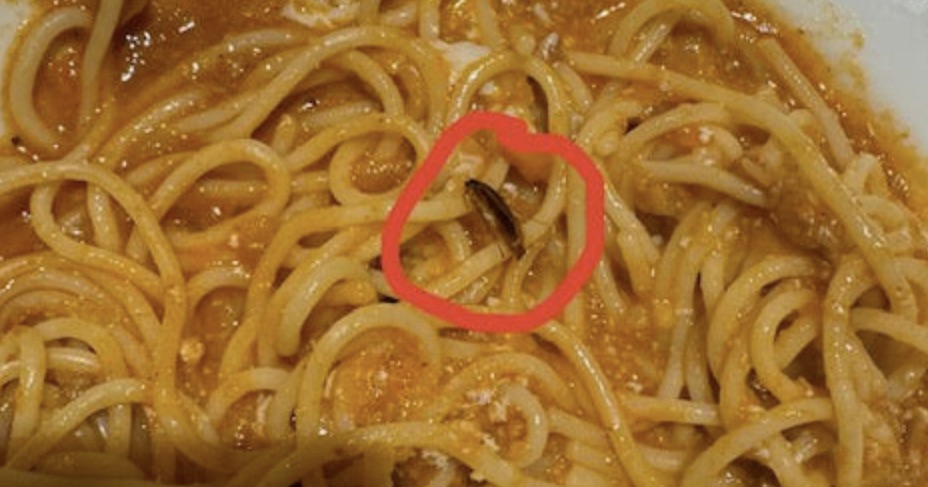ADVERTISEMENT
S'pore Parliament passes Good Samaritan law for food donations. Here's what MPs said.
17 MPs spoke in support of the bill.
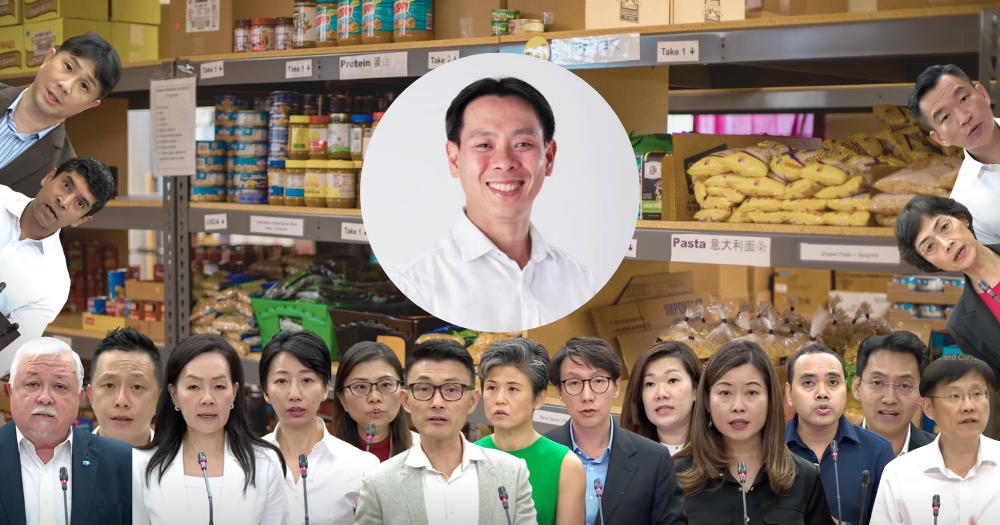
The Good Samaritan Food Bill was passed in Parliament on Aug. 6.
Introduced by Member of Parliament (MP) for Nee Soon Louis Ng, the new law seeks to waive civil and criminal liability for food donors, in cases such as them donating food that happens to make others fall ill.
ADVERTISEMENT
This hopes to encourage people and businesses to donate to needy families and alleviate the problems of food waste and food insecurity.
According to Ng, the term "food donor" includes those who donate food directly to beneficiaries, as well as those who donate food to an intermediary for ultimate distribution to beneficiaries.
Waiving liability
Ng shared that many businesses were concerned about being held accountable for someone falling sick after eating the food they donated.
As such, the bill seeks to introduce a liability waiver for food donors as long as they fulfil these four conditions:
- The food must not be unsafe and unsuitable at the time it was donated.
- The food donor must inform the recipient of any particular handling requirements to ensure the food remains safe to consume.
- The food donor must inform the recipient of any time limit within which the food remains safe and suitable.
- The donor must take all reasonable measures to comply with food safety and hygiene requirements up to the point of donation.
Ng said that being shielded from liability does not take away the Singapore Food Agency (SFA)'s powers to investigate any food safety issues related to donated food.
"The difference is that food donors only need to show SFA that they have met the four conditions, and SFA would not impose any liability on the food donor."
Support of bill
Here's what MPs said about the bill:
Baey Yam Keng
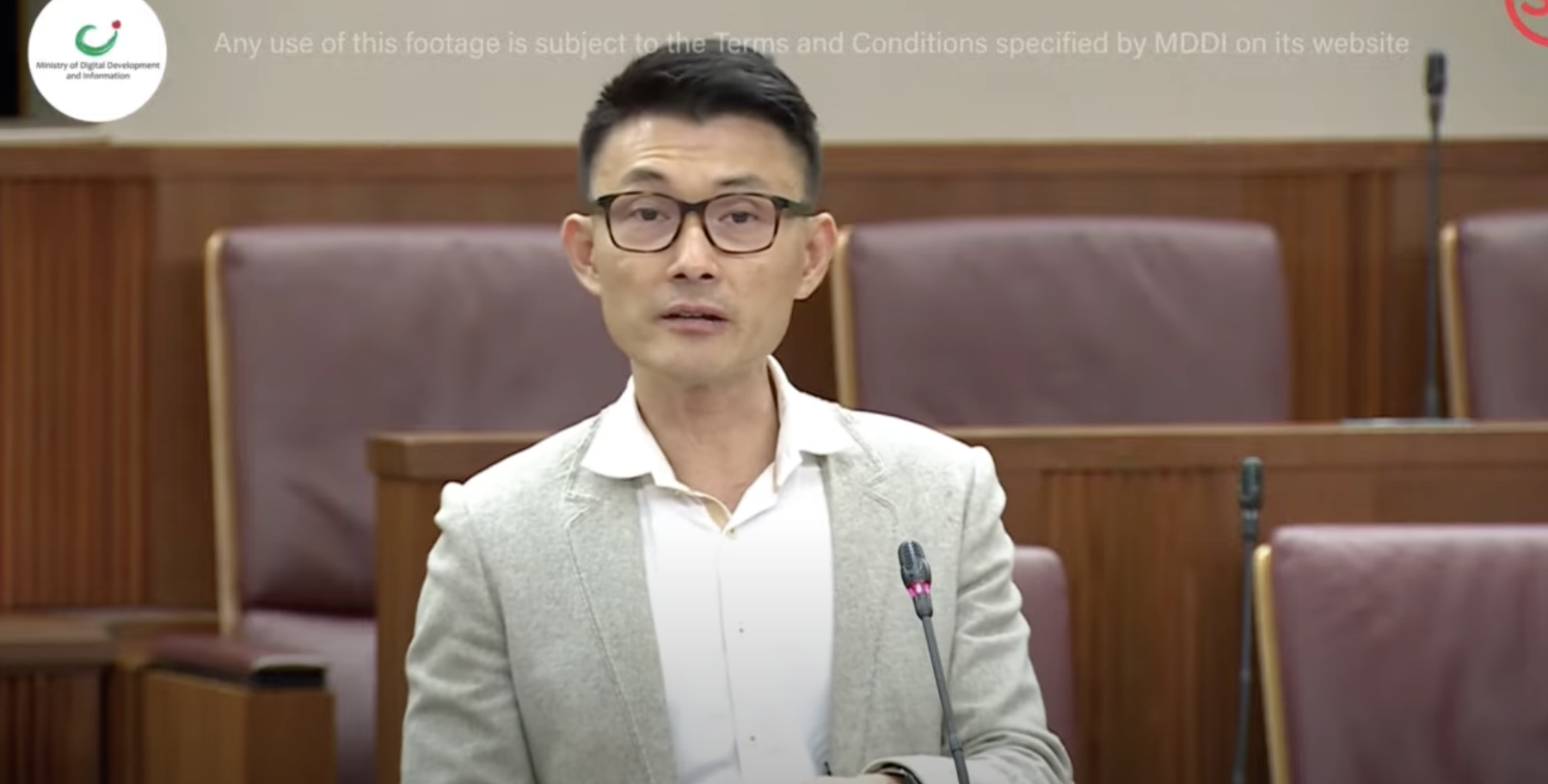 Image via MDDI
Image via MDDI
Senior Parliamentary Secretary for the Ministry of Sustainability and the Environment Baey Yam Keng spoke on behalf of the ministry, saying the bill supports food waste reduction, whilst ensuring the supply of safe food for Singapore.
Baey, also Tampines GRC MP, said the bill complements existing efforts to reduce food waste by facilitating food donation, avoiding the need for food waste treatment and its associated operational costs.
ADVERTISEMENT
Poh Li San
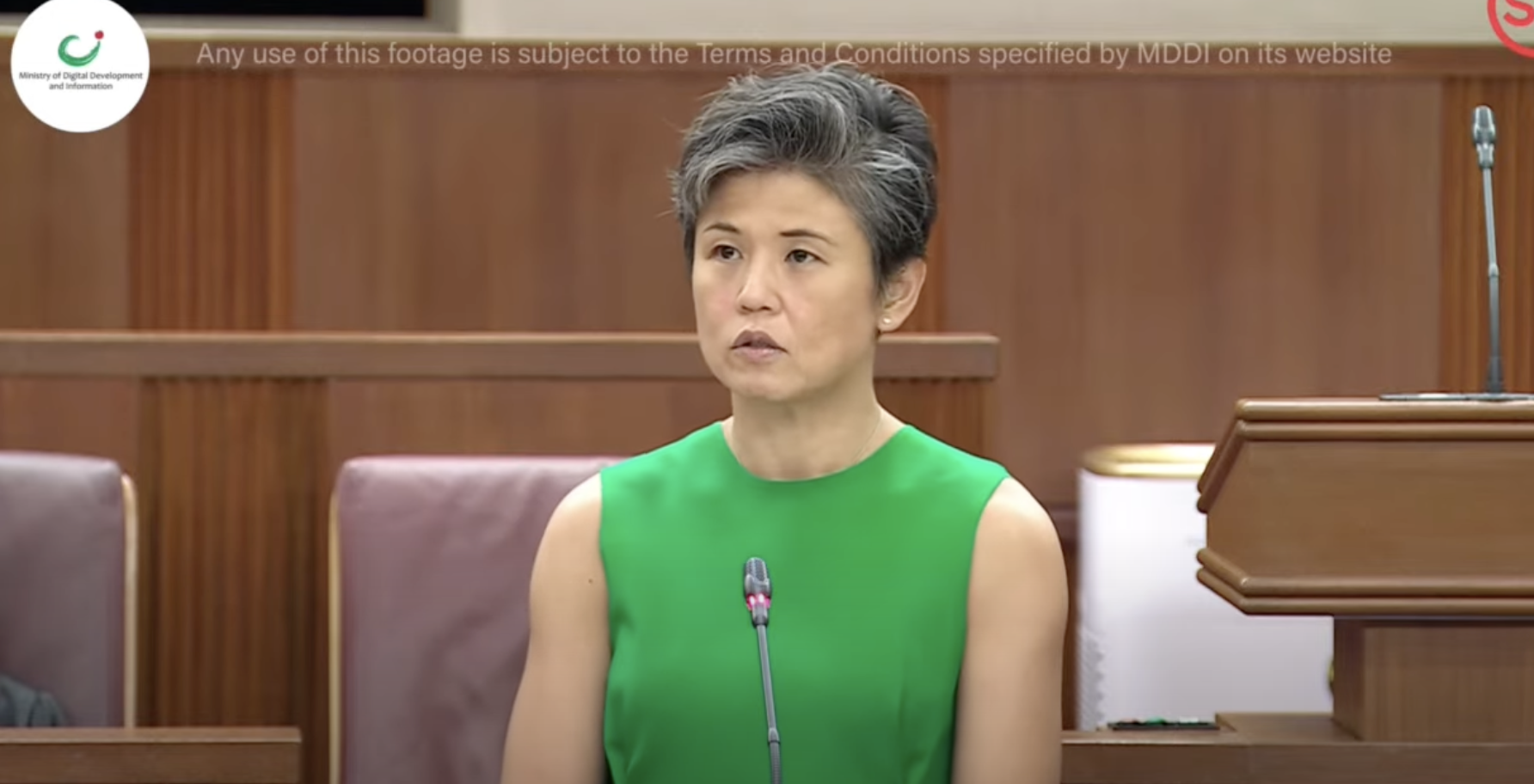 Image via MDDI
Image via MDDI
Sembawang GRC MP Poh Li San supported the bill, saying a vicious circle of waste can be turned into a virtuous circle of good deeds.
She noted that greater awareness of the bill needs to be created and hopefully promote enhanced liability protection extended to food donors.
Additionally, she said that potential beneficiaries who are open to receive donated food should be identified and provide fresh and healthy foods as much as possible.
Hany Soh
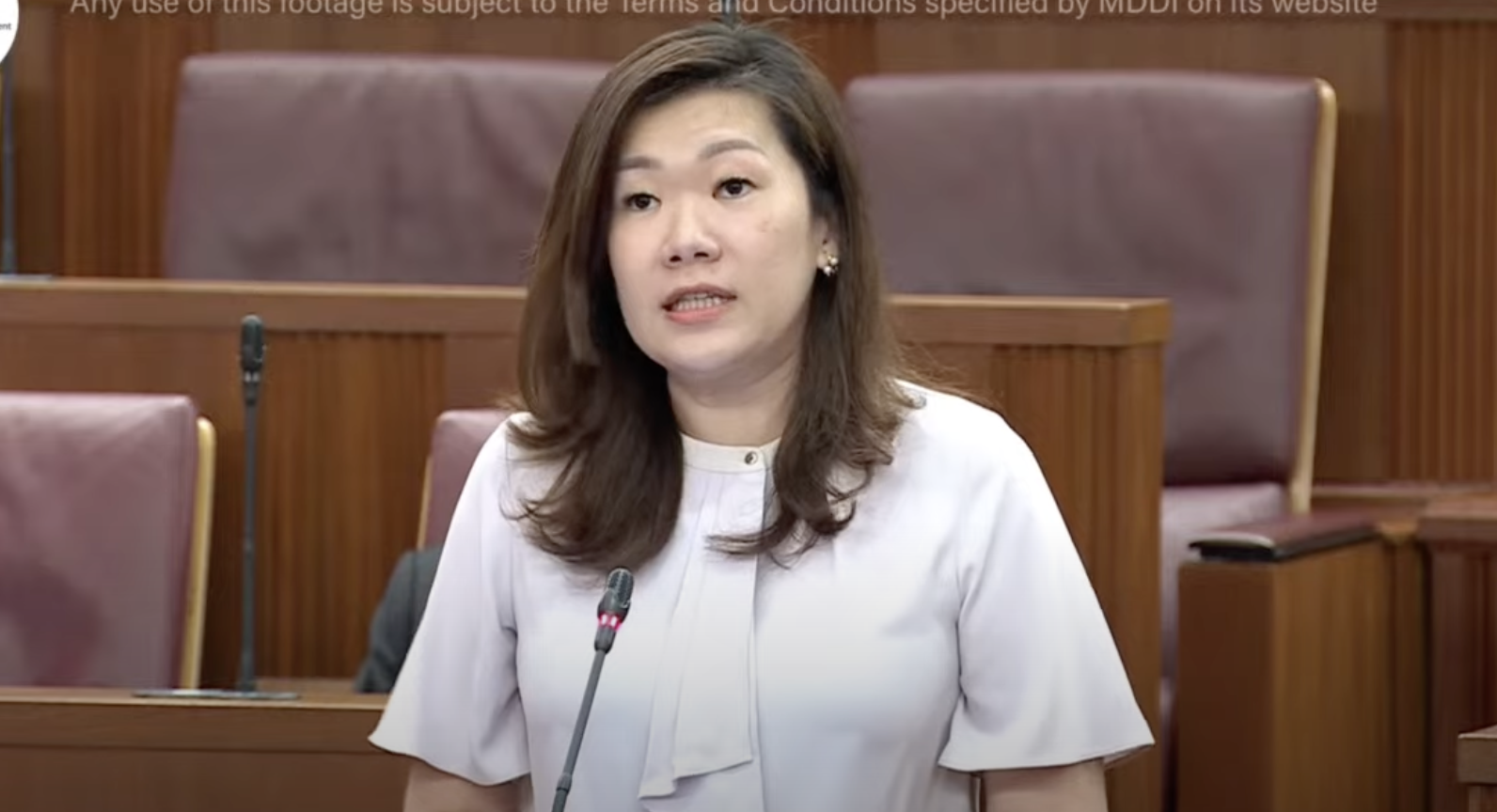
Marsiling–Yew Tee GRC MP Hany Soh expressed her support of the bill, saying it is the culmination of close collaborations and consultations with various stakeholders for an important social cause.
Soh is among the MPs who worked on the bill together with Ng.
Following the bill's passing, Soh said they will keenly monitor and continue to engage the relevant stakeholders on the implementation and operations of the food donations.
ADVERTISEMENT
Edward Chia
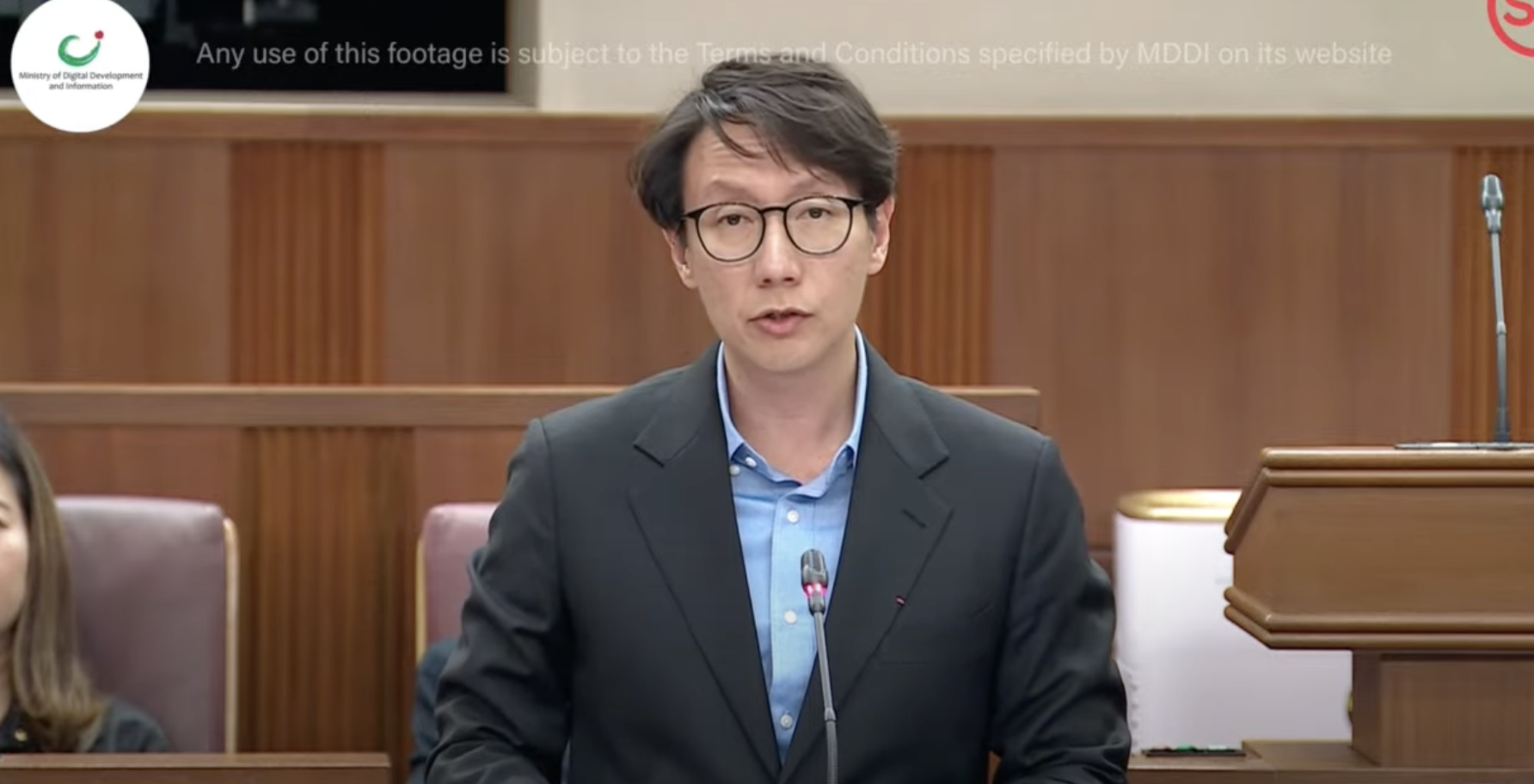 Image via MDDI
Image via MDDI
Holland-Bukit Timah GRC MP Edward Chia said he was pleased to support the bill.
He focused on ways to encourage the Food Caring Organisation (FCO) to benefit from the bill.
This included the government providing grants to FCOs.
Such grants should aim to cover the costs associated with adopting these standards and conducting necessary training to help FCO pursue “quality mark accreditation”.
Eric Chua
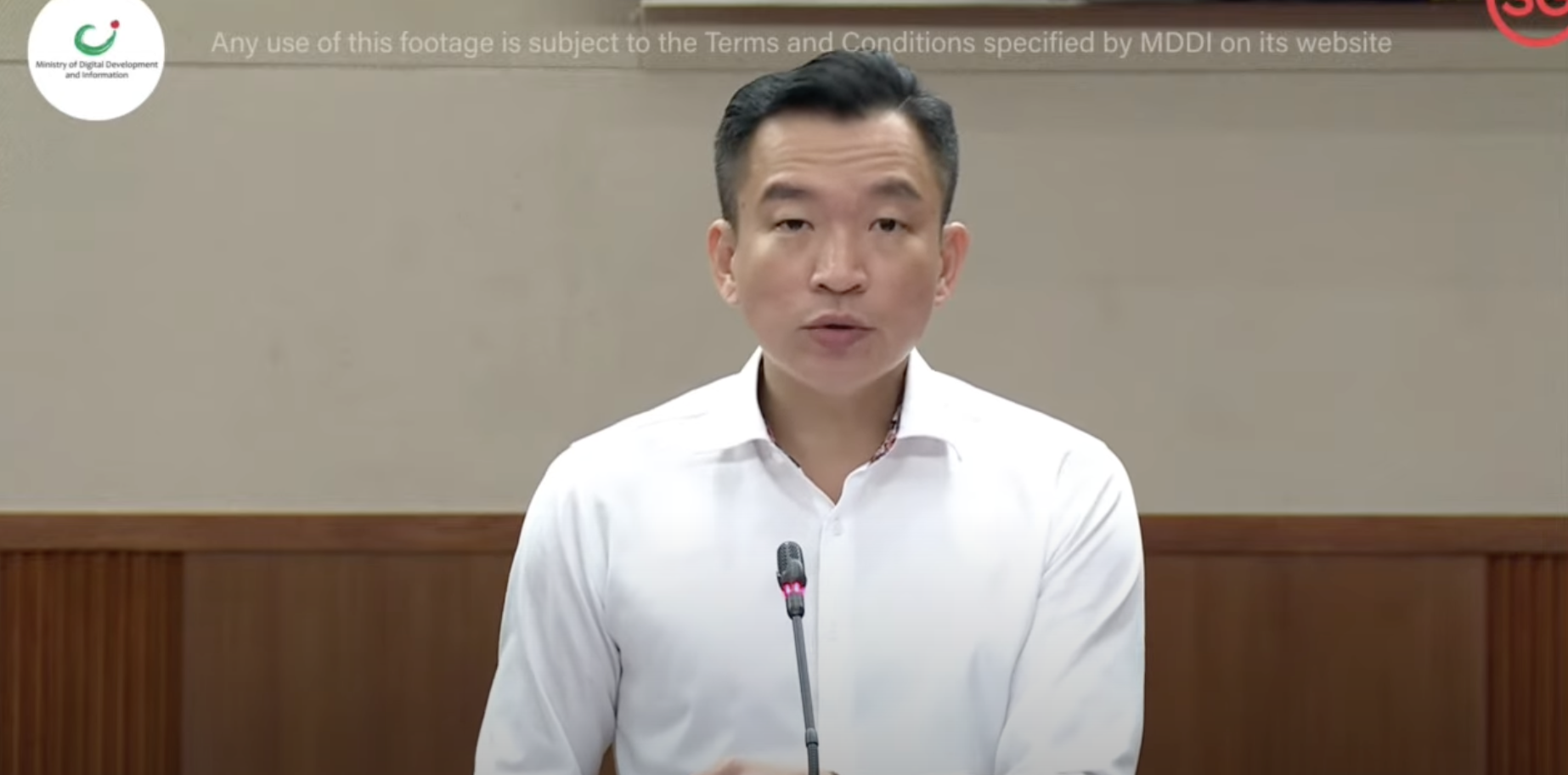 Image via MDDI
Image via MDDI
Tanjong Pagar GRC MP Eric Chua said with the bill, we can look forward to an increase in the quantity and variety of donated food as more businesses and individuals are encouraged to donate.
“My hope is that this will lead to greater choice and dignity for beneficiaries of food support who will be better placed to get food support that best meets their needs and preferences,” he said.
He also encouraged food donors who are considering stepping forward to work with food charities to understand the needs of food support recipients and donate in ways that provide greater choice, including healthier food options.
Don Wee
 Image via MDDI
Image via MDDI
Chua Chu Kang GRC MP Don Wee Boon Hong welcomed the bill and expressed his appreciation to all stakeholders who chipped in to make it a reality.
Adding that many other countries, such as the U.S. and Japan, have taken similar measures, he was certain the bill would encourage more food donation by offering legal protection to well-meaning donors against liability.
Hazel Poa
 Image via MDDI
Image via MDDI
Non-Constituency Member of Parliament (NCMP) Hazel Poa said the bill helps to promote more acts of kindness in society.
She also spoke about considering implementing tax reliefs for businesses that donate unsold or excess food to charities so that there is a stronger incentive for companies to “do the right thing and redistribute their unsold or excess food instead of throwing it away”.
She also suggested providing tax incentives to transport or platform companies to assist in logistical challenges faced by potential donors by providing food pickup and delivery services for larger FNB premises.
Yip Hon Weng
 Image via MDDI
Image via MDDI
Yio Chu Kang SMC MP Yip Hon Weng voiced support for the bill, saying it is an important step towards reducing food waste, increasing food availability for food-insecure communities, and developing a more sustainable and compassionate society in Singapore.
He also had several clarifications, including the practical aspects of encouraging greater participation.
He suggested considering tangible incentives for potential donors, such as tax benefits for food donations, subsidies for logistical costs associated with donating food, and public recognition programmes.
Jean See
 Image via MDDI
Image via MDDI
NMP Jean See applauded the bill.
She added that to improve food security for those in need, steps must be taken to ensure that surplus food can be channelled safely and efficiently in sustainable and long-lasting arrangements.
She suggested a couple of measures to incentivize businesses and promote their welfare. One such measure was extending tax exemptions to businesses and individuals that have been consistent and regular in channeling surplus food.
See said this would incentivise businesses to formalise food donation activities, which would, in turn, stabilise the food aid supply in Singapore.
Rachel Ong
 Image via MDDI
Image via MDDI
West Coast GRC MP Rachel Ong said that the bill is a significant step toward reducing food waste by protecting well-intentioned donors.
She added that public education is essential to complement the implementation of the bill with public education.
This can broaden the acceptance of rescued foods, she said, adding that the public should be informed on the different date labels, such as the distinction between "expiry," "best before," and "use by" dates.
Understanding the difference between safety-based versus quality-based date labels is crucial to reducing household food waste, she said.
Keith Chua
 Image via MDDI
Image via MDDI
NMP Keith Chua said we must do our part in Singapore to reduce food wastage across all areas within our ability to do so.
While he supports the bill, he said he “initially struggled with the exemption of liability on some basic principles”.
“The intended beneficiaries are fellow human beings who must retain their dignity and basic rights.
Chua said that if they get ill from consuming donated food, they will have the added struggle of medical costs.
He asked for clarity on possible circumstances that could contribute to illness if the food donated was safe and healthy at the point of donation.
Vikram Nair
 Image via MDDI
Image via MDDI
Sembawang GRC MP Vikram Nair thought it a shame to waste food.
He said that the bill would alleviate this problem provided the “rigorous and reasonable” safeguards were complied with.
Many of these are the same matters that the authorities would look into even today if there is a complaint.
The main difference is this legislation sets out a positive list of requirements, which if met, would mean the food donors do not have to worry about liability from their food being eaten by recipients.
Joan Peirera
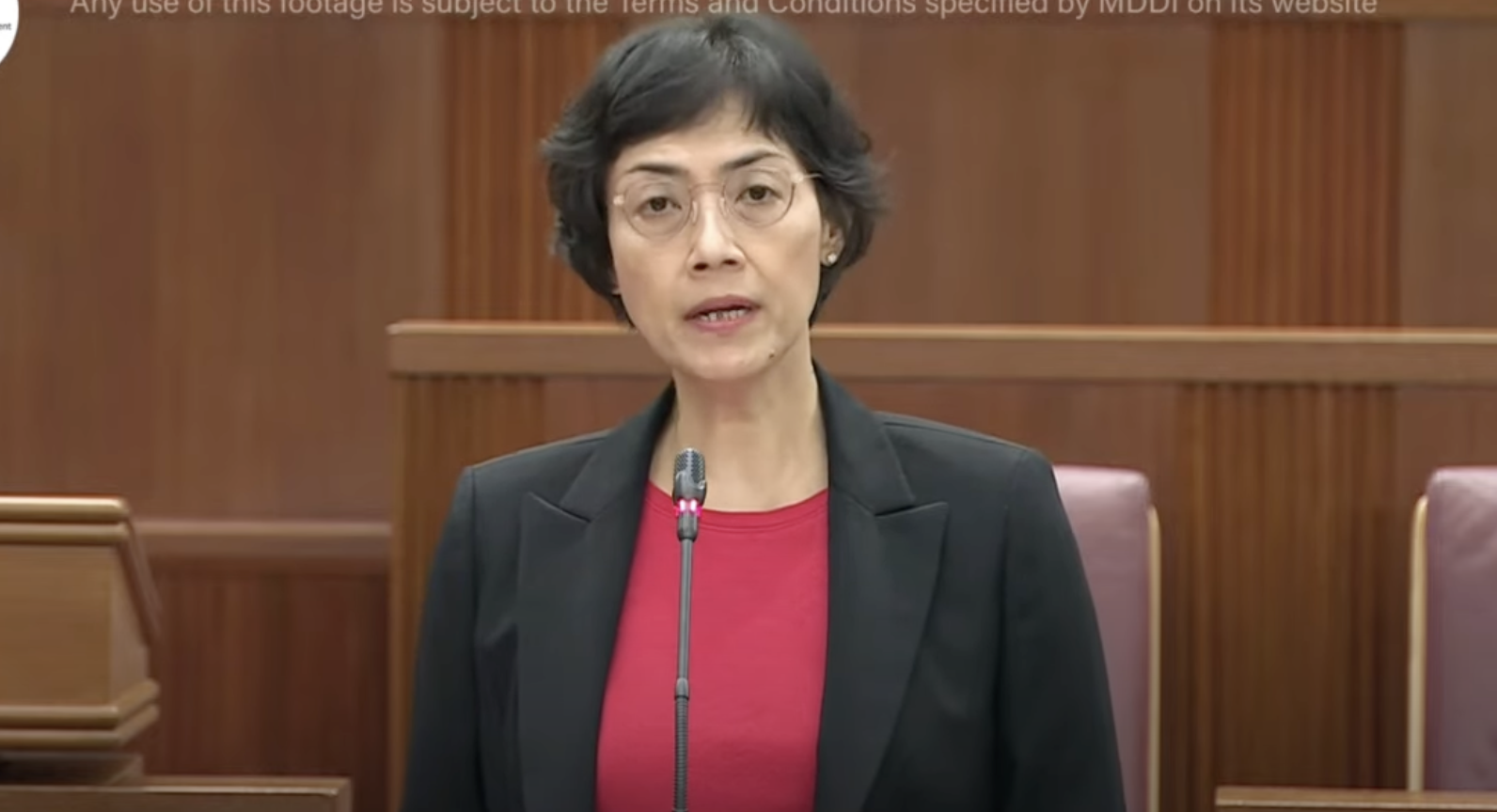 Image via MDDI
Image via MDDI
Tanjong Pagar GRC MP Joan Peirera said she is confident that the bill will encourage more food donations when it is enacted.
She urged the government to do more to educate and incentivise suppliers and stores to donate leftover food.
“This would require some effort and coordination and hence, I appeal to the government to provide the necessary administrative and infrastructural support to help them get started on this journey of donation.”
Zhulkarnain Abdul Rahim
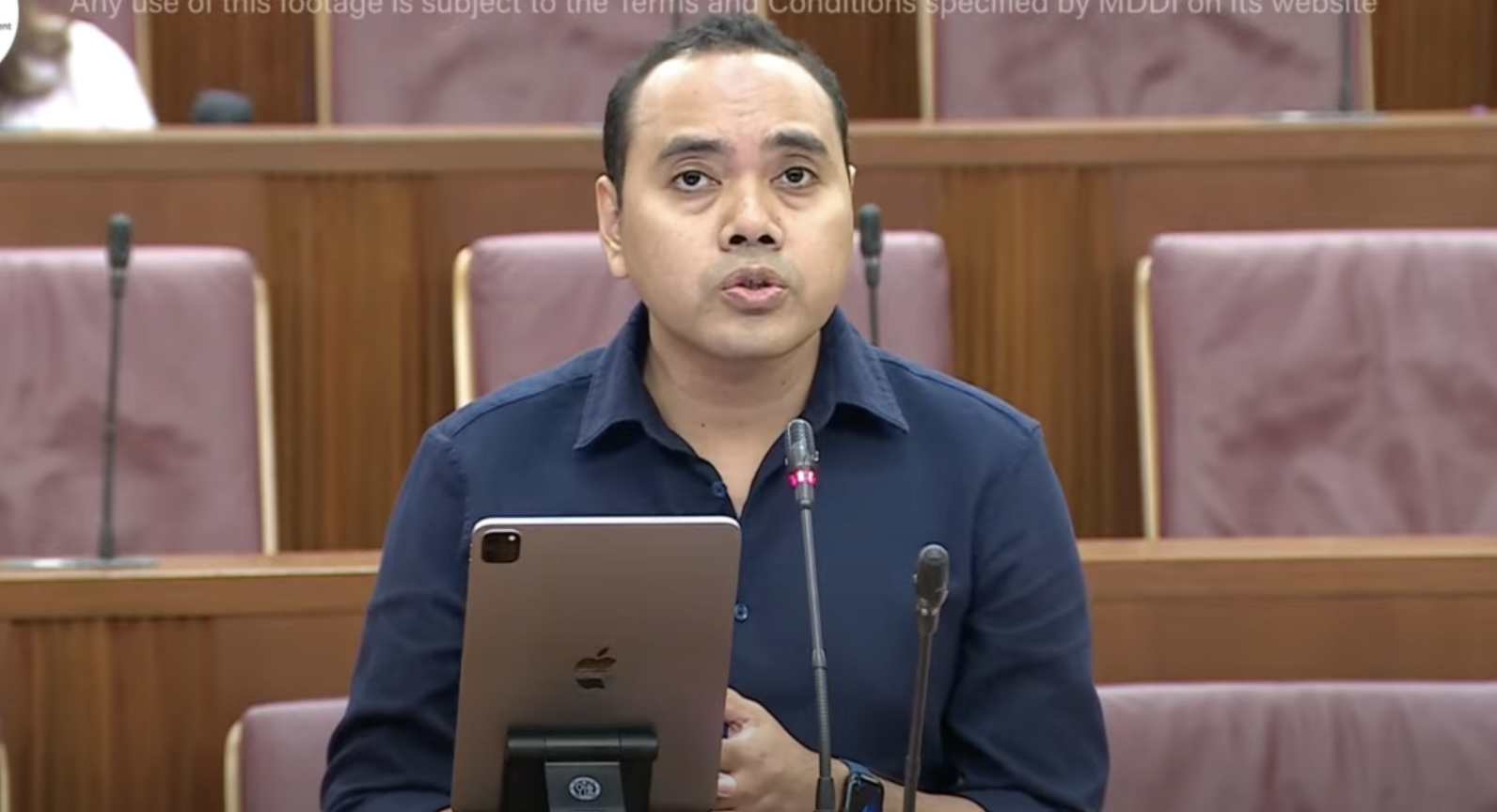 Image via MDDI
Image via MDDI
Chua Chu Kang GRC MP Zhulkarnain Abdul Rahim said the bill presents an opportunity to make a meaningful impact, particularly in the realm of community support and philanthropy.
While he voiced support for the bill, he brought up one clarification.
He noted that the fourth condition excludes civil or criminal liability for any death or personal injury that results from the consumption of the food.
However, the Sale of Food Act’s definition of unsafe food uses the phrase “cause illness or injury or other physical harm to a person”.
He asked if the disparity in definition suggests that the bill’s scope is narrower, focusing solely on death or personal injury.
“This clarity is vital to prevent any ambiguity or disputes in the future,” he said.
Gan Thiam Poh
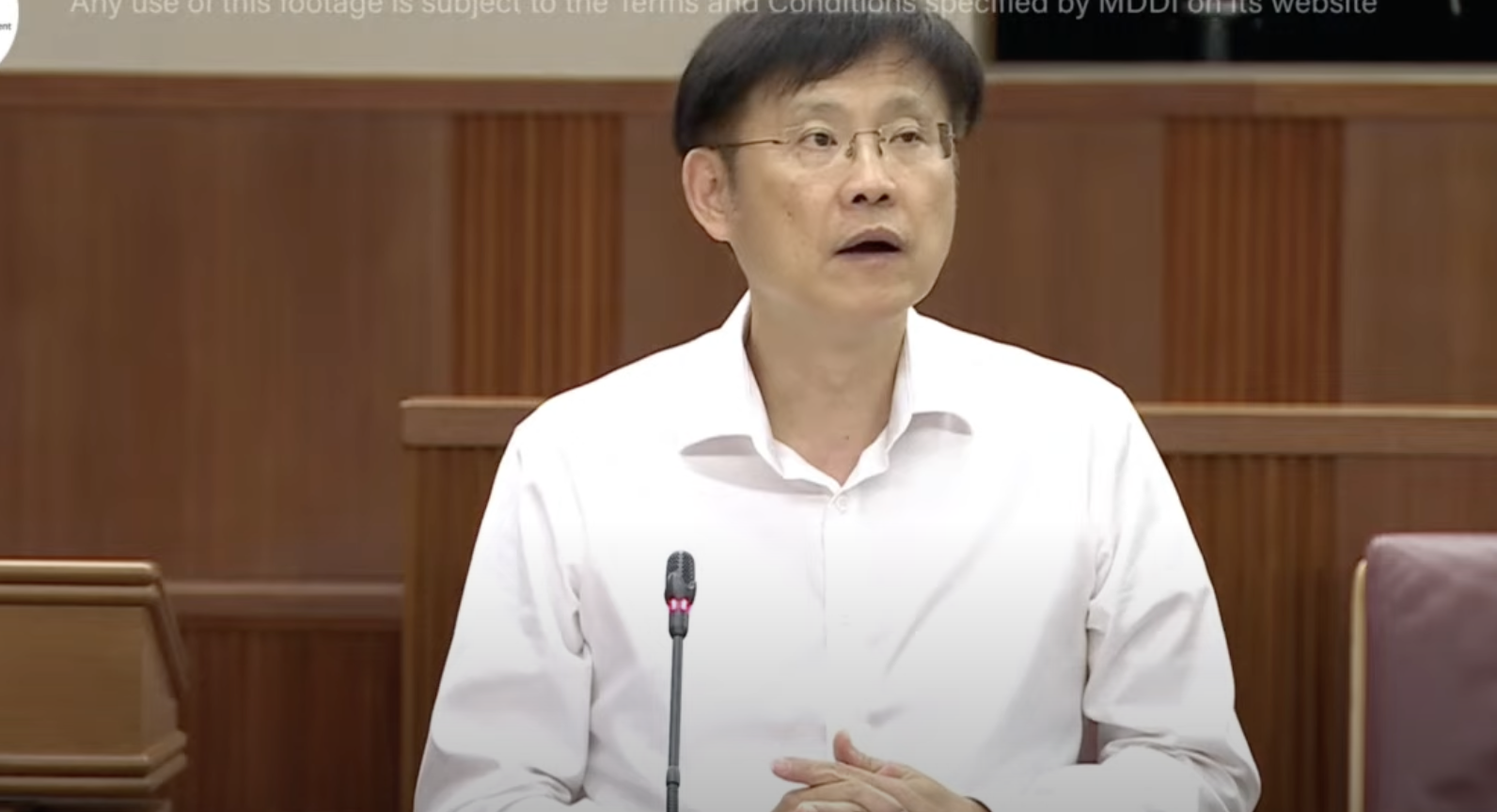 Image via MDDI
Image via MDDI
Ang Mo Kio GRC MP Gan Thiam Poh welcomed the bill, saying the liability waiver will empower all stakeholders to save and distribute edible food with peace of mind.
He noted that Singapore’s hot and humid weather causes food to spoil quickly.
He asked if the government would consider supporting interested donors by advising and assisting them with food storage and transportation.
He also suggested indicating the presence of common allergens on donated food items.
Ng Ling Ling
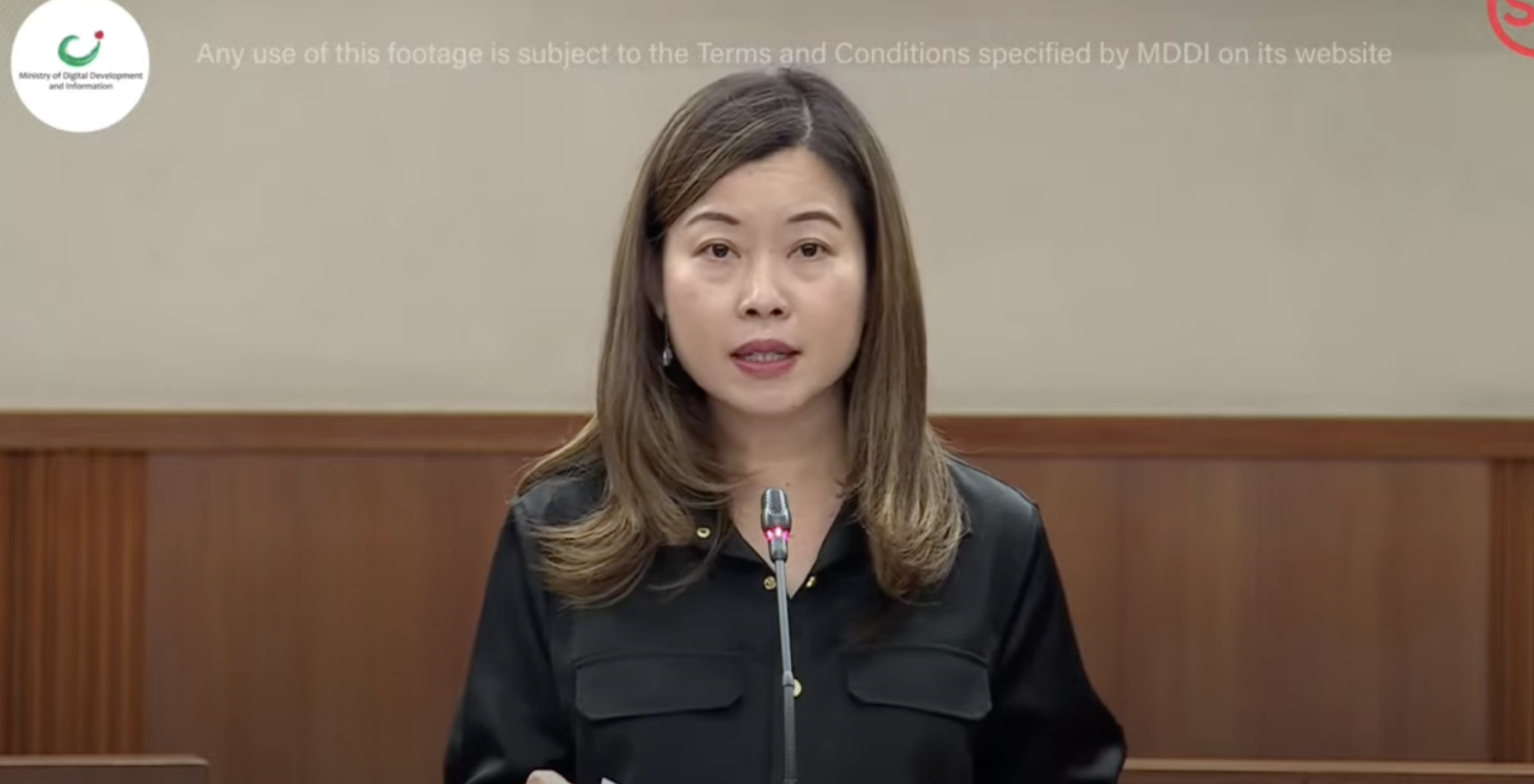 Image via MDDI
Image via MDDI
Ang Mo Kio GRC MP Ng Ling Ling also voiced support for the bill.
She said the bill can tackle the problem of food waste in a meaningful and purposeful manner by redistributing food to communities, families, and individuals in need.
However, she noted that establishing a clear oversight mechanism is essential to ensuring that donors adhere to the safety and hygiene protocols required by the bill.
Jamus Lim
 Image via MDDI
Image via MDDI
Sengkang GRC MP Jamus Lim noted that the bill is "an important piece of legislation", but raised several points regarding the provisions of the bill.
He agreed that the fourth condition, which requires donors to "comply with any applicable requirements under any written law relating to food safety and good hygiene," is a sensible measure. However, he pointed out that current NEA guidelines are not legally mandated.
Lim also noted previous discussions in parliament about Good Samaritan laws.
He asked why this particular Good Samaritan law, which waives liability in a voluntary context, is deemed necessary, while a similar law to protect bystanders from liability when providing emergency or medical aid is not.
In response, Leader of the House Indranee Rajah said the government has not encountered reluctance on the part of Singapore citizens to step forward to help in those emergency situations.
Additionally, a person who offers assistance needs only to comply with what is expected of a person of his or her skills or experience, she explained.
As such, the Ministry of Law has assessed that there is no need to introduce a Good Samaritan Law but will continue to study other jurisdictions and review their position if the need arises, she added.
Closing
In his closing statement, Ng thanked the Parliament for their strong support for the bill, and their comments and suggestions.
Regarding the potential dissuasion of donors due to the difficulty of complying with the four conditions, Ng said the intention of the bill is to strike a balance between encouraging food donation and safeguarding safety and hygiene standards.
Ng also added that he hoped relevant suggestions by members such as incentives for donors would be looked into by the MSE, SFA and the Ministry of Social and Family Development (MSF).
He stressed that the key point of the bill was not just about urging people to donate food but to have people rethink the throwaway culture in Singapore.
"I hope this bill will bring back the spirit of the Pioneer Generation, the true champions against food waste, and cultivate these habits amongst our younger generation," he said.
Top images via MDDI and Aaron Doucett/Unsplash
ADVERTISEMENT
ADVERTISEMENT
MORE STORIES








